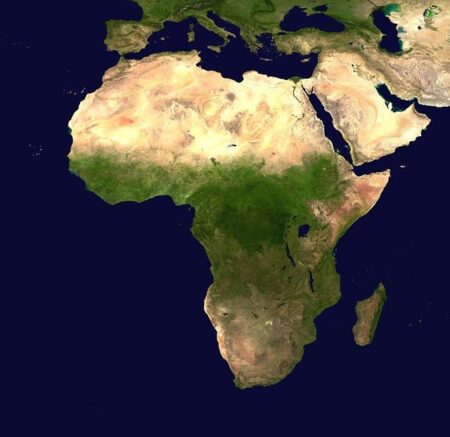Burundi’s Call for Regional Unity to Promote Peace in the Democratic Republic of Congo
In response to the persistent unrest in the Democratic Republic of Congo (DRC), Burundi has made a compelling appeal for improved regional collaboration aimed at establishing peace and stability within this conflict-affected nation. As violence continues to disrupt various regions of the DRC, Burundian officials stress the critical importance of joint efforts among neighboring countries to address this escalating crisis. This initiative not only reflects Burundi’s dedication to regional security but also emphasizes the need for a cohesive strategy in confronting the intricate issues that have long obstructed progress in the Great Lakes area. As diplomatic negotiations progress, the global community is closely monitoring how these initiatives may influence humanitarian conditions and prospects for peace within DR Congo.
Burundi Pushes for Regional Collaboration to Secure Peace in DR Congo
The call for strengthened regional cooperation emerges at a pivotal moment as DRC faces ongoing instability. The leadership from Burundi highlights an urgent need for neighboring nations to adopt a unified stance against various challenges fueling DRC’s conflict. Central to this initiative is creating a collaborative framework that includes diverse stakeholders such as governments, local communities, and international organizations. The main goals of this approach are:
- Enhancing Diplomatic Relations: Improved dialog among regional powers can facilitate joint peacekeeping missions and strategies for conflict resolution.
- Streamlining Humanitarian Assistance: Coordinated actions can optimize aid delivery to those impacted by violence.
- Cultivating Economic Opportunities: A stable DRC could enhance trade relations,benefiting all countries involved.
During a recent summit, representatives from Burundi presented their strategy focused on cooperative security measures and integrated resource management. This proposed framework aims at addressing root causes of conflict through shared intelligence and coordinated military actions against cross-border armed groups. A notable element of this plan includes possibly forming a regional task force dedicated to monitoring security threats—demonstrating commitment towards proactive engagement in securing lasting peace. Below is an overview table showcasing key participants along with their proposed roles within this collaborative effort:
| Nations Involved | Sought Role | |
|---|---|---|
| Burundi | Catalyst for dialogue and coordination efforts | |
| Rwanda | Aiding intelligence sharing and border protection initiatives | |
| Tanzania | Low | Minor economic strain due </t> –> |
Impact Assessment: How Conflicts in DR Congo Affect Regional Stability
The ongoing conflicts within DR Congo have significant repercussions on regional stability,prompting neighboring nations like Burundi to reassess their approaches toward achieving peace and security. By advocating strongly for enhanced regional coordination, Burundi underscores that collective action is vital when confronting complex challenges arising from continued violence within DRC borders.
<
This persistent turmoil threatens not only DRC’s sovereignty but also spills over into adjacent territories—intensifying tensions while destabilizing surrounding countries.
<
The humanitarian crisis deepens as millions face displacement amid dire needs; thus highlighting concerns raised by Burundian officials regarding unified responses against destabilizing forces.
<
<
Below is an illustrative table depicting how conflicts impact neighboring nations while emphasizing interconnectedness concerning their respective security situations:







